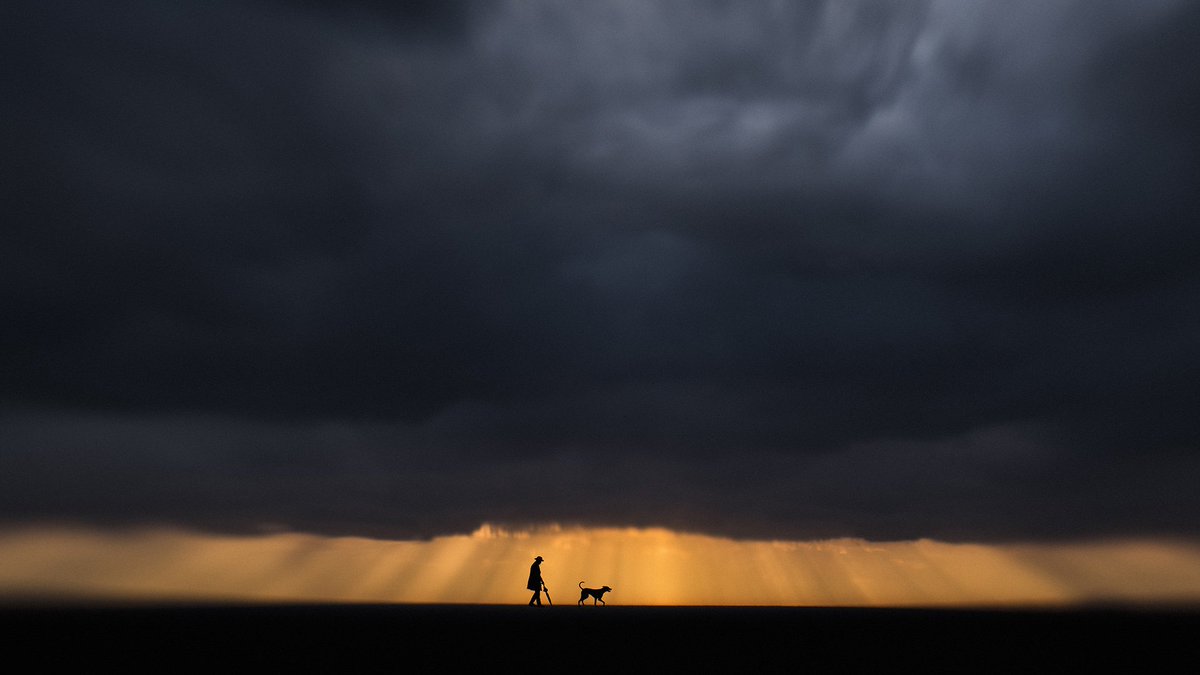Good on all those people, of all guises, who, locally, nationally and globally rose to the occasion and showed, in however small or big way, that good will always prevail, triumph even.
From the organised community helpers to the supermarkets putting aide shopping times for the elderly to the willingness, unlike across the water, of the hospitality industry to put up shutters, all are showing in their own inimitable way that human kindness is a well that knows no depth.
I trawled through my online scraper to find a movie to while away an hour or two this afternoon, my work done and my commitment to isolation still intact. I found Easy Rider, probably unknown to most under the age of 50. Starring Peter Fonda and Dennis Hopper, and the enigmatic Jack Nicholson (wow, he was young then) and the equally enigmatic Karen Black, whom Hollywood lost back in 2013.
The movie is roller-coaster ride, telling of a couple of hippies criss-crossing America to get to the Mardi Gras festival. More than that, it’s a social commentary on a world 50 years ago casting culture against counter-culture, and sure we knew back then it was all going to end in no good.
In The Great Gatsby, one of the books of my life back then when I too was a hippie of sorts, F Scott Fitzgerald has narrator Nick saying to the eponymous anti-hero of the novel of his relationship with Daisy: “I wouldn’t ask too much of her… you can’t repeat the past… Can’t repeat the past?” he cries incredulously. “Why of course you can!”
I first read Fitzgerald’s damning and insightful masterpiece on the nouveau riche of the Jazz Age when I was in my late teens and the wonderful worlds of Hemingway and Faulkner and Somerset Maugham were also opening up to me.
This particular passage about ‘going back’, and rewatching Easy Rider all these decades later, I mention only because not long ago I went back to a reunion with friends I had first engaged with when in those teens.
It was dinner and drinks for about 20 of us and respective partners in a hospitable hotel overlooking Blessington Lake in Wicklow and a fine and affable affair it turned out to be.
Some of the old gang I had not seen in more than 30 years since I had moved on to rear my family, although intermittently I had broke bread with some.
Still, it was like a mere yesterday when we all finally gathered and cordial hellos were exchanged and bear hugs and back- slapping, along with the odd quip or two about hair dye and beer bellies.
We had promised ourselves down the years, when occasionally some had crossed paths, that one day we would all get together for one last hurrah, but it had taken the passing of the first of the old gang the previous summer to start the ball rolling.
As the drink flowed, the conversation became animated about the ‘old days’, the craic and tales of heroic and some not so heroic, indeed foolish, derring-do, set against fondly recalled formative years.
We were young, the world our proverbial oyster, and we were going to change it all, particularly the hippies among us who were dabbling in Eastern philosophy and psychedelic substances, not to mention the manic musings of Flann O’Brien or the cosmic creations of Carl Sagan.
Man, were we going to change the world.
We didn’t of course. It was never our destiny but merely the deluded dreams of ideal youth. And, if anything, the world now, this very week, although a much smaller place, is a much more hostile one.
The euphoria of the Sixties was eventually silenced by a new establishment which we, reluctantly or otherwise, endorsed, our dreams dissipated and most of us settled for sensibility and pension planning — in the days when we imagined a pension might be someday worth a bob or two.
When the coronavirus has gone way, those pensions will be worth feck-all.
A change will have come but nothing like the change I envisaged a lifetime ago…
